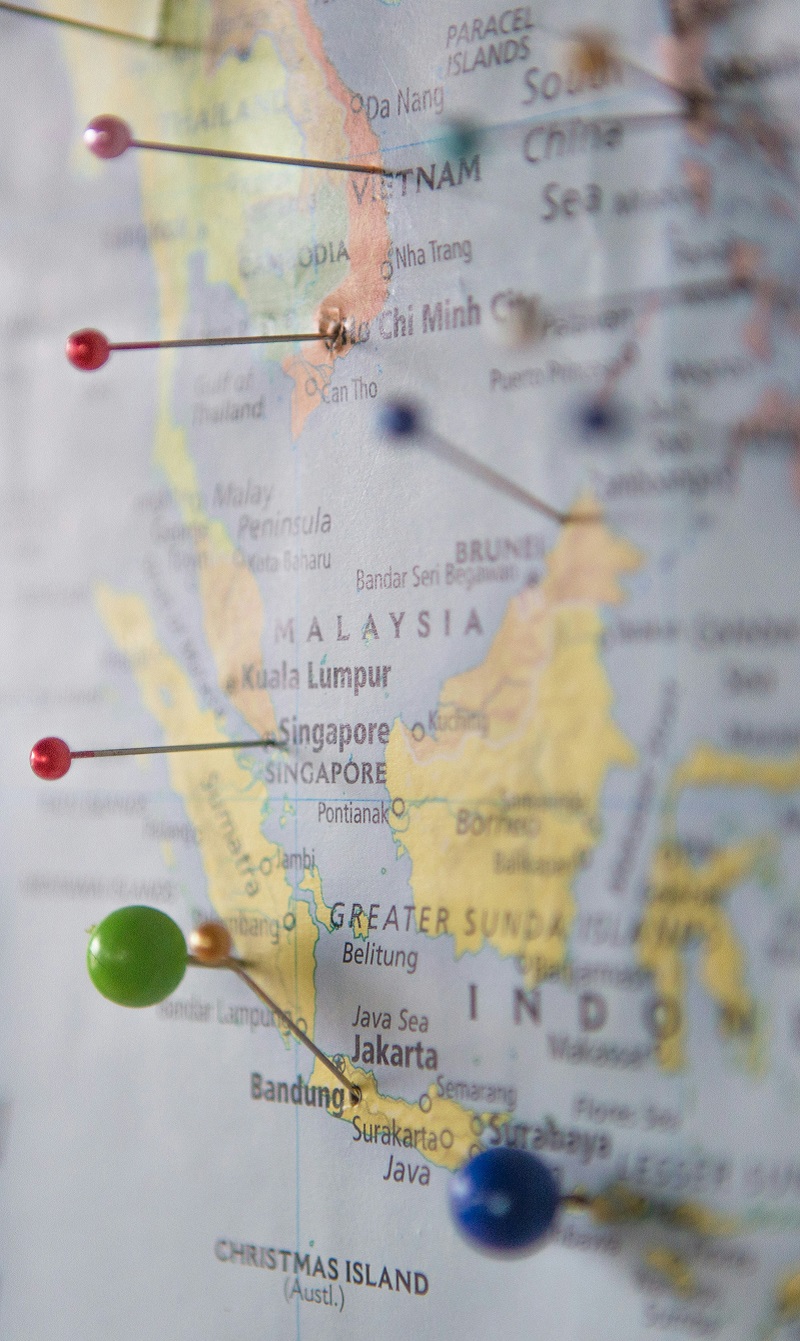Building a globally recognised halal certification standard
Every Muslim in the world is part of the global halal market, and demand for halal products is ever increasing. The sheer size of the market means that any producer of goods, whether in a Muslim or non-Muslim nation, must pay attention to it. Unfortunately, there is a major obstacle in the way: the lack of a common halal standard globally. How can Muslims around the world overcome this?
There are an estimated 1.6 billion Muslims in the world, accounting for around 25 per cent of the global population. That percentage is expected to rise over the next few decades, and each individual Muslim is part of the demand for halal products. For example, today, the halal food and beverage sector, as well as the halal pharmaceutical sector, are each already worth USD1.1 trillion.
Currently, the Muslim world relies heavily on imported food. Muslim countries produce less than 25 per cent of the demand for red meat—indeed, the red meat production of all Organisation of Islamic Cooperation (OIC) countries combined is still 30 per cent less than that of the United States alone. Gulf Cooperation Council (GCC) countries, affluent as they are, rely on 80 per cent imported food.
Too many standards
The need for a halal standard is clear. Muslim consumers need the assurance that products meet religious requirements. Producers, on the other hand, are concerned about market access. Even a non-Muslim producer is willing to manufacture halal products if standards are clearly defined. Standards do exist today, but unfortunately, there are too many of them. Halal certifications are handed out by organisations in different jurisdictions around the world and by both Muslim and non-Muslim countries.
There are several reasons for the large number of standards. Each jurisdiction wants to develop its own internal standard to ensure that products meet the requirements of the domestic population. This also applies to non-Muslim countries, which want to assure export markets that their products meet halal requirements. Furthermore, different authorities often have different views about what constitutes halal.
The variation in standards raises a number of issues: for example, it reduces efficiency and costs more for producers to adhere to multiple accreditation and certification regimes, and these costs are passed on to the consumer. Ultimately, this reduces access to halal products for Muslim consumers and creates confusion for both consumers and producers. Non-Muslim producers can find the exercise especially off-putting—and halal production may also be their first real experience with the religion.
Unity is good for business
A global halal standard can address these issues by reducing compliance costs and streamlining production.
It has the potential to save a lot of money—a one per cent to five per cent efficiency gain, for instance, will save USD11 million to USD55 million in the food and beverage sector alone. Market access will also be easier and consumer confidence will rise. Furthermore, it will demonstrate the global unity of Islam.
However, developing a global standard involves many challenges, the chief of which is the current lack of consistency in the industrial slaughter of animals—for example, the debate about mechanical slaughter versus manual, or the reconciliation of animal welfare and Islamic requirements. There is also little consistency in the management of halal systems themselves—for example, in the appointment processes of certifying bodies as well as their recognition in other jurisdictions.
One way forward is to allow existing, proven agencies to take the lead in developing a standard that everybody can agree to. Organisations such as the GCC, the Malaysian Islamic Development Department and the Indonesian Ulama Council can spearhead the global effort. Notably, the Asia-Pacific region is home to over a billion Muslims and can serve as the home for a global standards movement.
Look towards Malaysia
The Department of Standards, Malaysia, has had some success in developing a world-class halal certification programme. Some of its experiences could be drawn upon to develop a global standard.
Why the Malaysian halal certification programme is world class
1. Developed according to the governance and principles of the World Trade Organization.
2. Accreditation is an entirely voluntary process
3. Identified several key factors that contribute to the credibility of the system, including transparency, consensus and the adoption of international standards.
It is also important to have a diverse and balanced stakeholder representation as well as an environment in which every voice can be heard. The Department works closely with other Malaysian organisations, including both government agencies and NGOs, and combines the expertise of these organisations to create the
national standard.
The future is global
The way forward is undoubtedly a single, unified standard. OIC countries should set aside any competitive tendencies and come to an agreement. When a single standard is agreed on, producers around the world will take heed because the Muslim market is far too big and important to be ignored. Ethically and economically, a single-standard regime will be a win-win solution for all.
___________________
This report is based on a session from the 11th WIEF in Kuala Lumpur, Malaysia.
Photo by Fernando @cferdo on Unsplash





